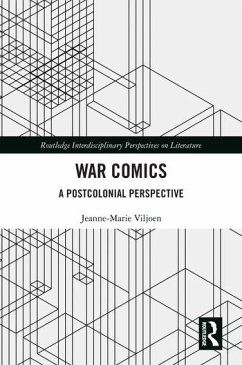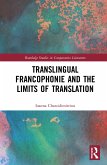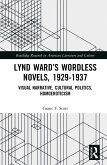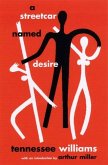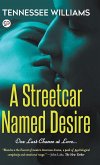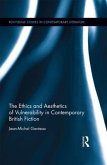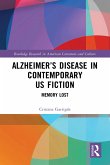This book focuses on non-fictional, visual narratives (including comics; graphic narratives; animated documentaries and online, interactive documentaries) that attempt to represent violent experiences, primarily in the Levant. In doing so it explores, from a philosophical perspective, the problem of representing trauma when language seems inadequate to describe our experiences and how the visual narrative form may help us with this. The book uses the concept of the ineffable to expand the notion of representation beyond the confines of a western, individualist notion of trauma as event based. In so doing, it engages a postcolonial perspective of trauma, which treats violence as ongoing and connected to several incidents of violence across time and space. This book demonstrates how the formal qualities of visual, non-fiction may help close the gap between representation and experience through the process of 'dark' writing.
Hinweis: Dieser Artikel kann nur an eine deutsche Lieferadresse ausgeliefert werden.
Hinweis: Dieser Artikel kann nur an eine deutsche Lieferadresse ausgeliefert werden.

